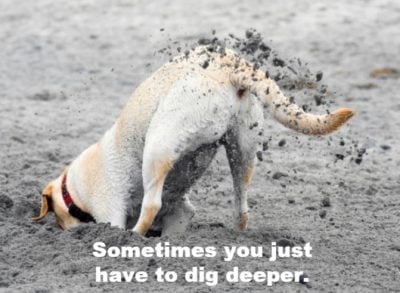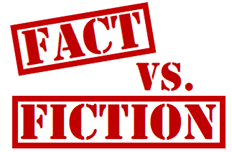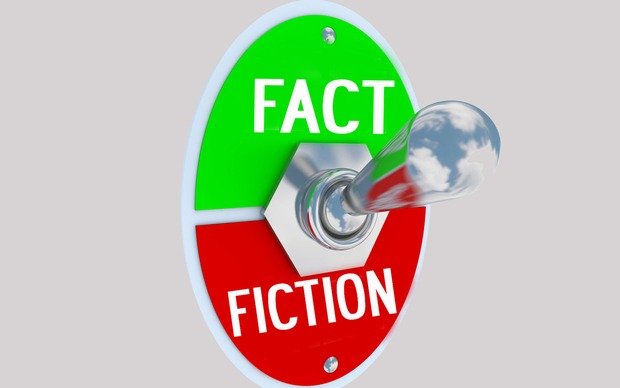Sorry Dr. Perry, it’s the porn. 2021 study guts Perry’s pet theory that masturbation, not porn, is the critical factor in relationship problems. See Pornography and Sexual Dissatisfaction: The Role of Pornographic Arousal, Upward Pornographic Comparisons, and Preference for Pornographic Masturbation (2021). SHOCKING UPDATE – 2019: Author Samuel Perry confirmed his agenda-driven bias when he […]






